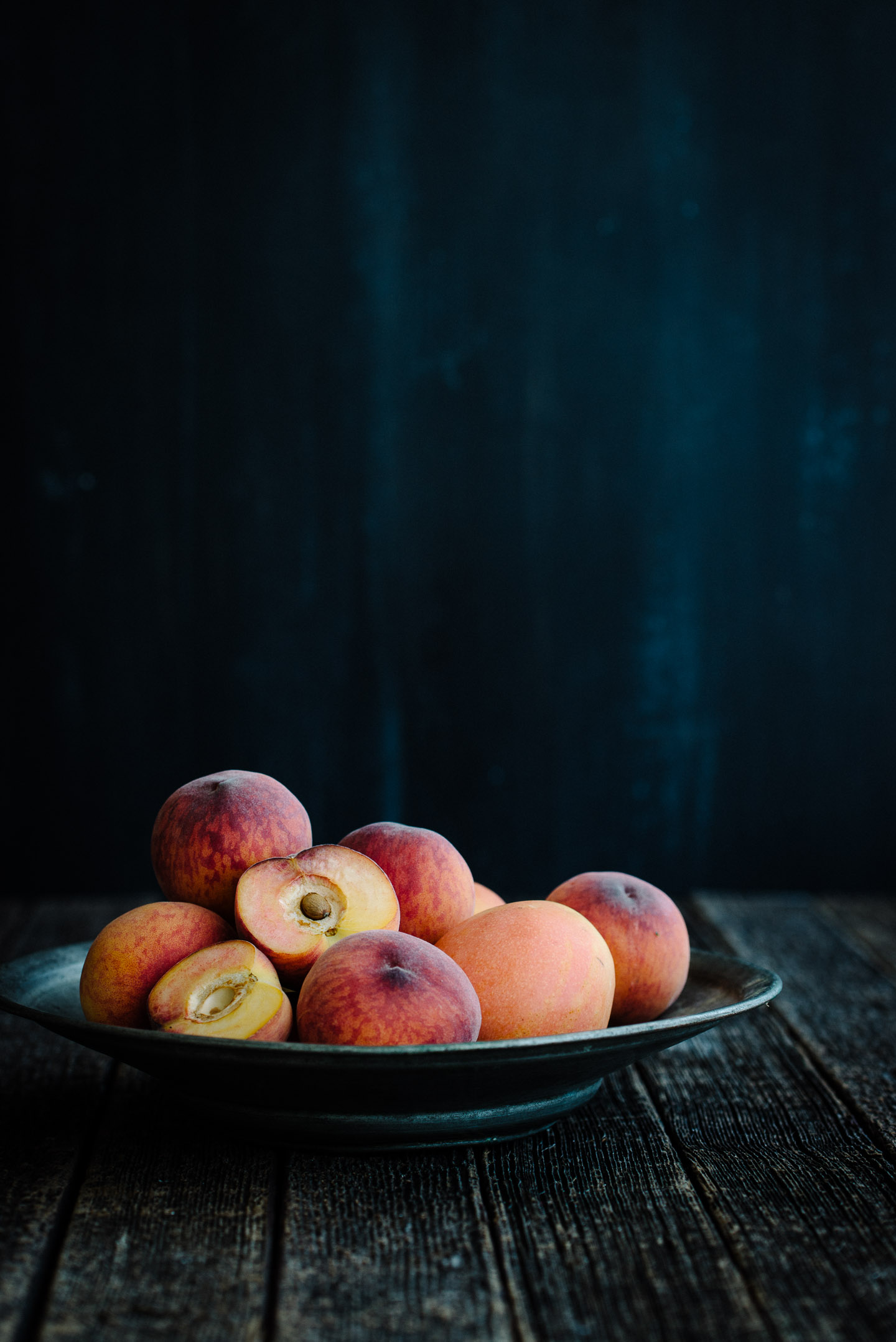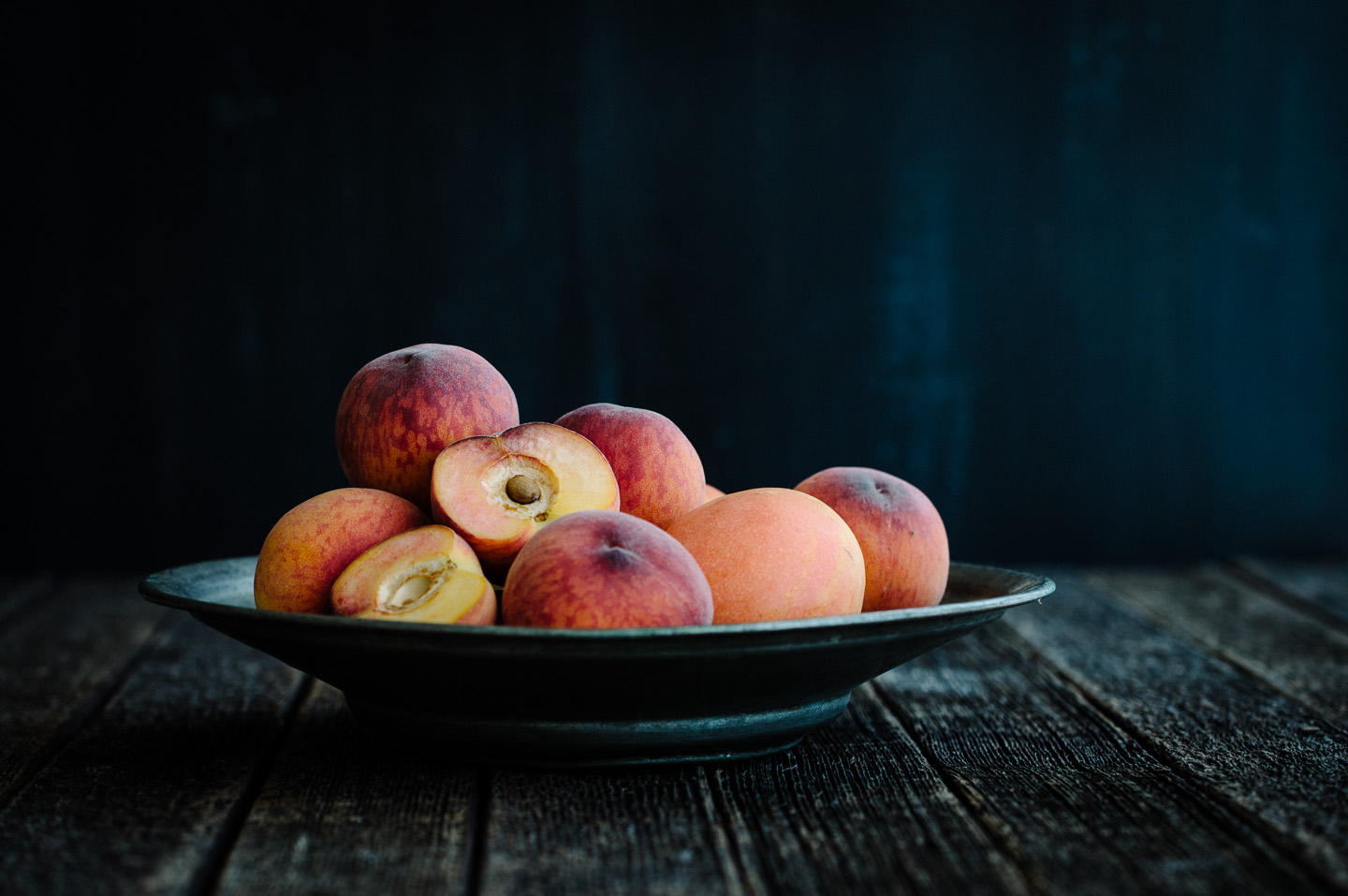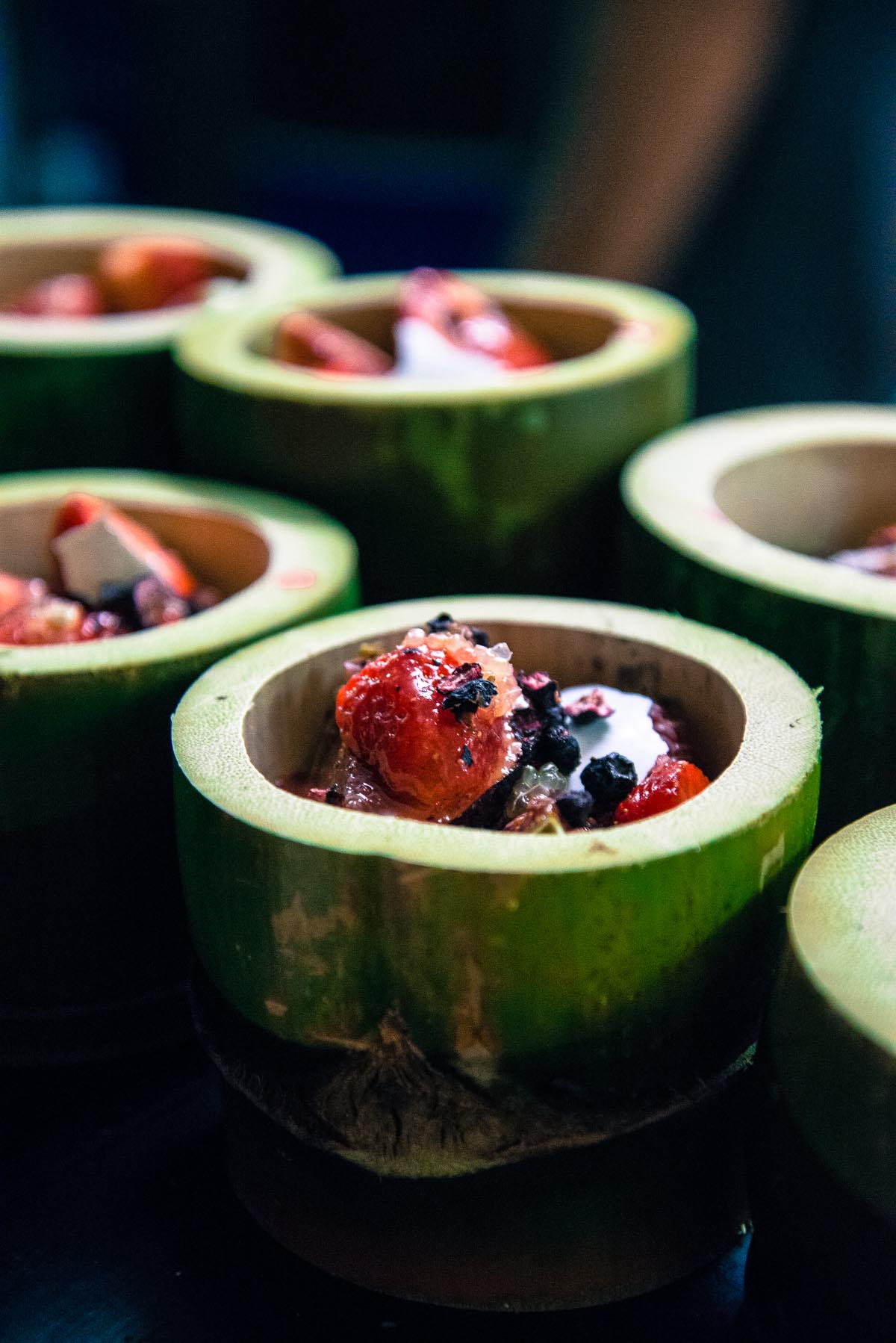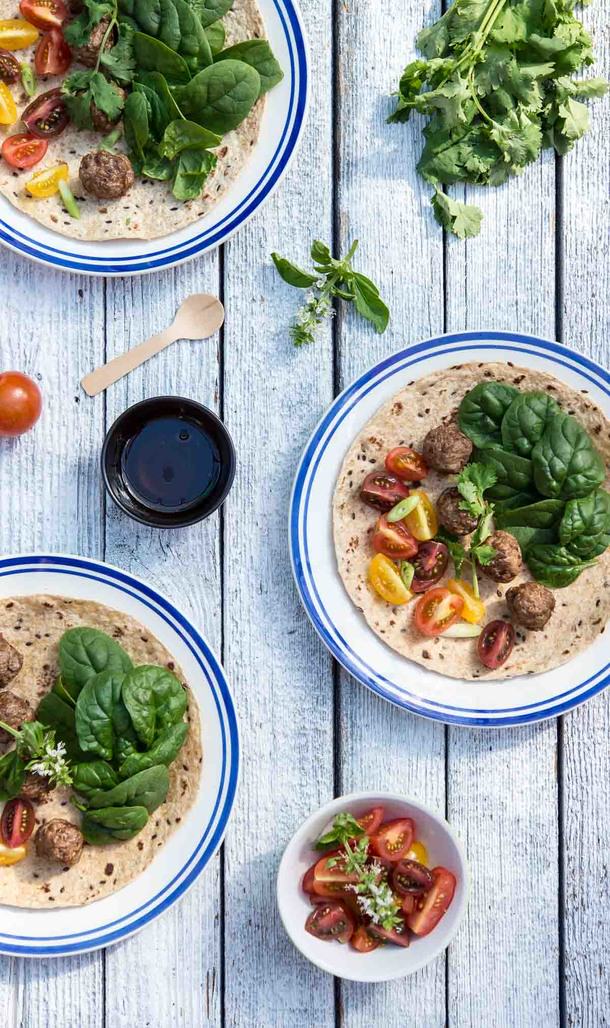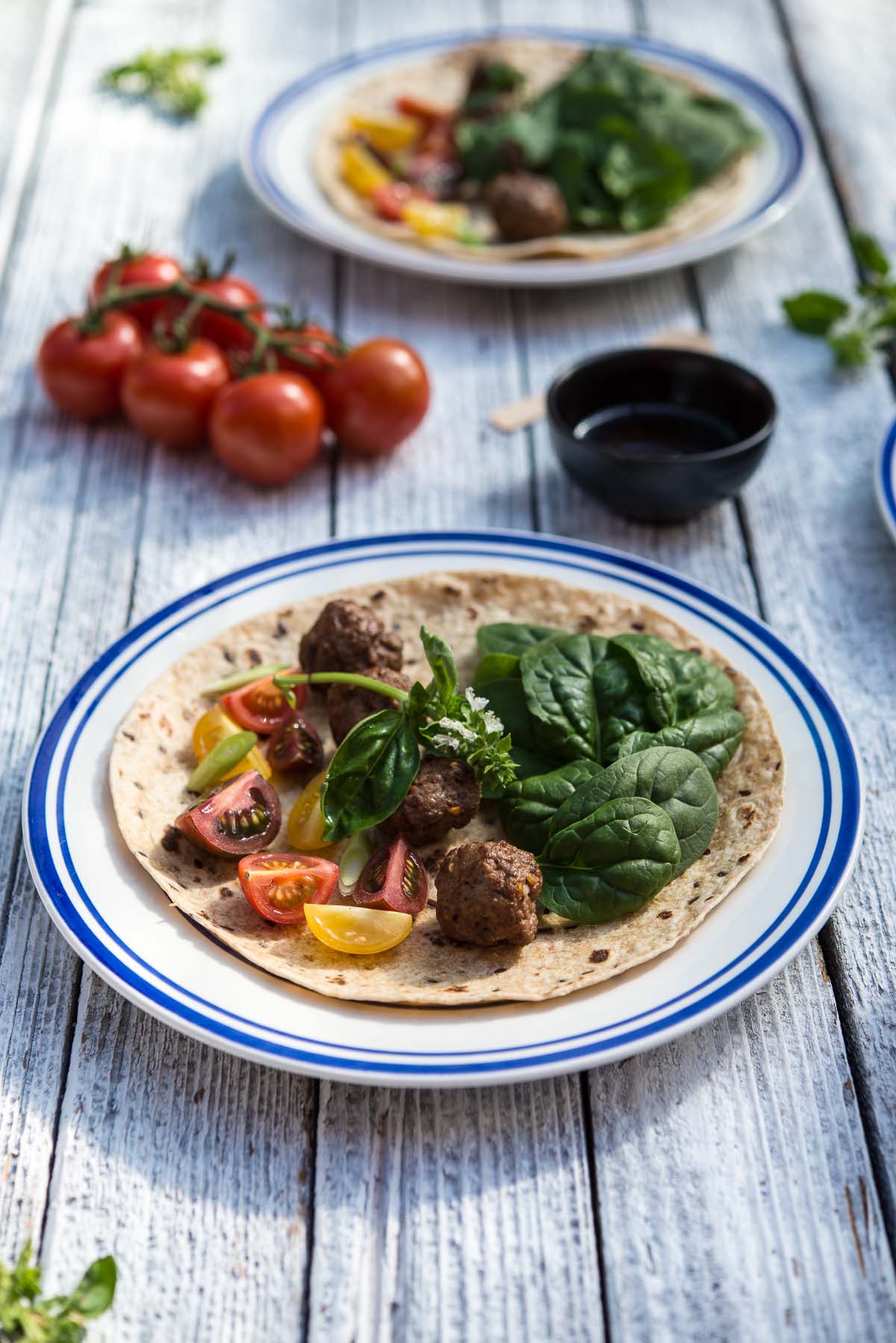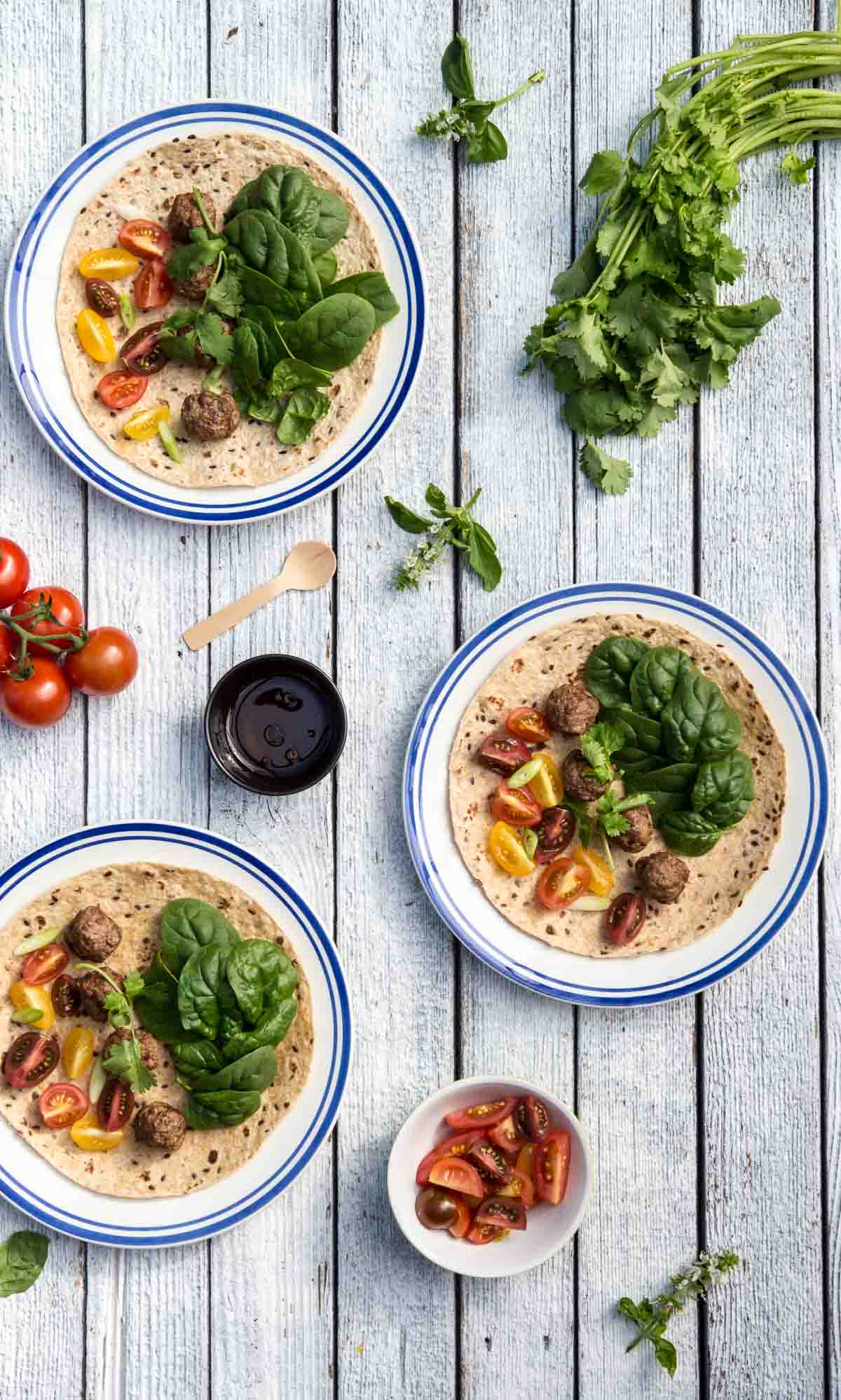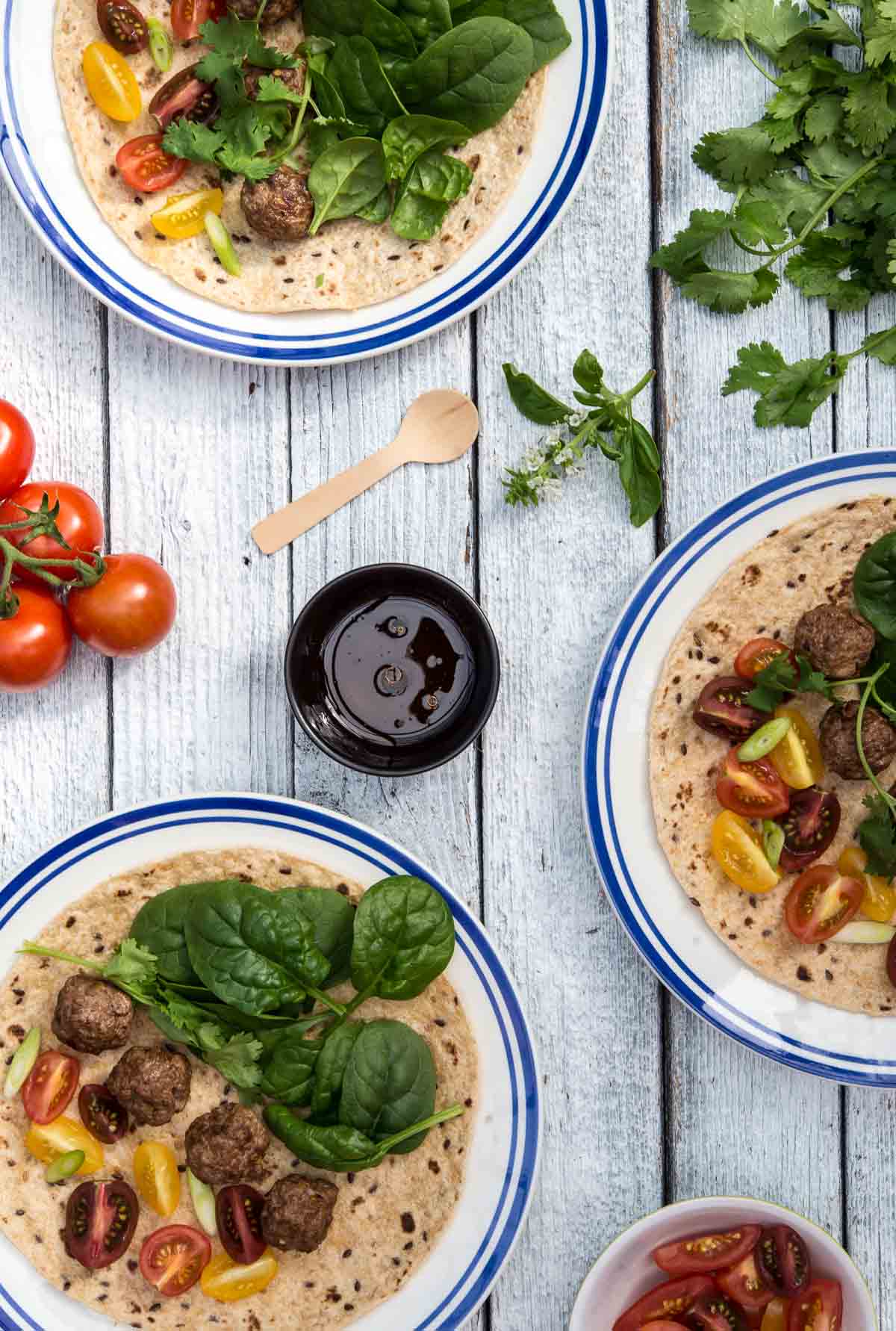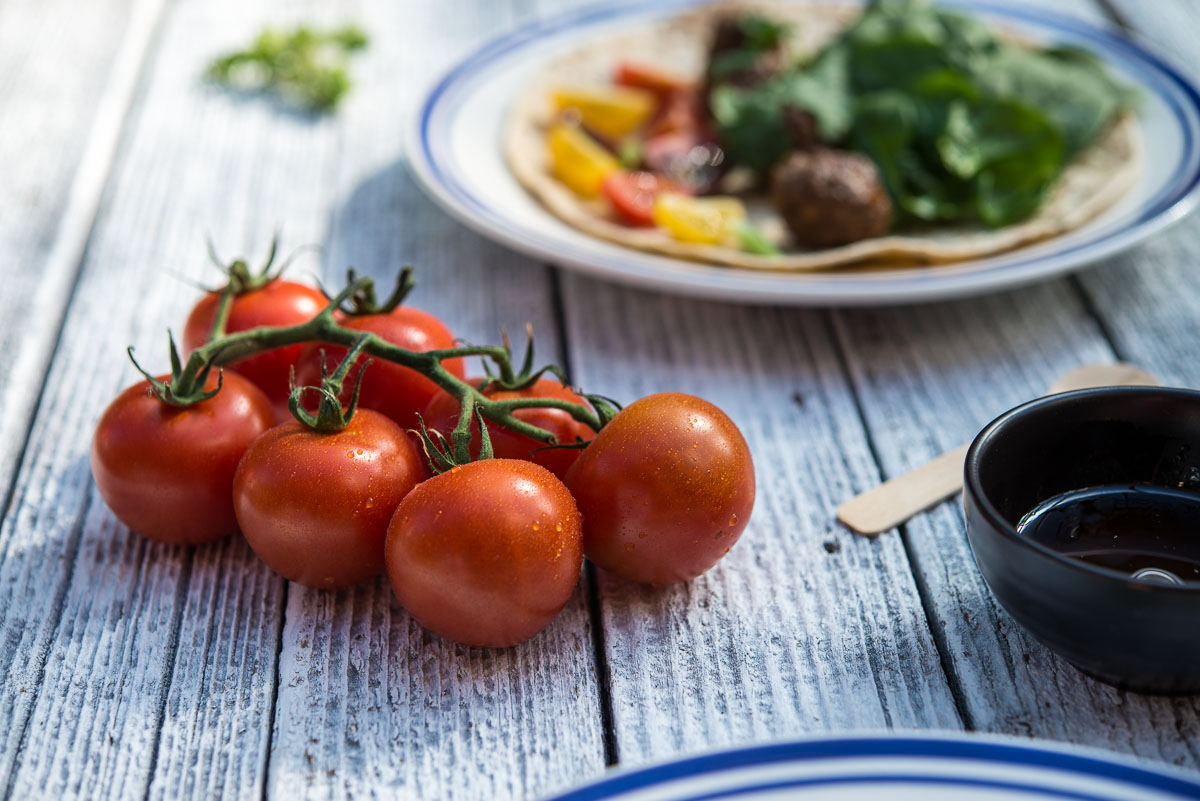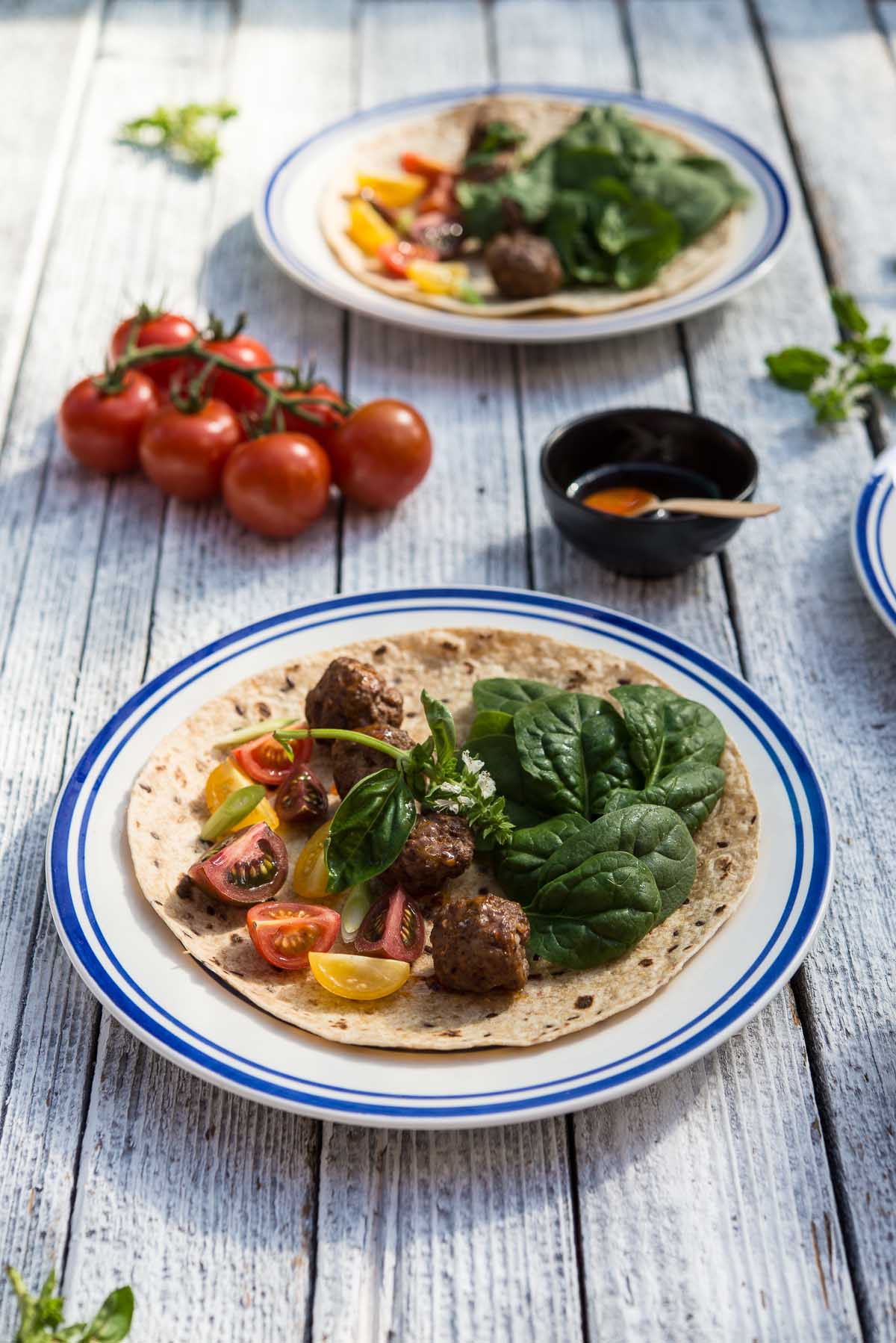I get asked questions about blogging, photography and food styling regularly. Eventually I’ll create some sort of FAQ page but in the meantime, I thought I’d cover some of the most frequently asked questions in this post.
It’s longer than I expected so you might want to grab a cup of tea. Here we go!
Blogging
How long have you been blogging?
Just over three years.
Do you have any tips about food blogging?
I do. Check out How to Blog about Food: useful tips for new, emerging and aspiring food bloggers and The Business of Food Styling: a Denise Vivaldo food styling workshop and 12 tips for new, emerging and aspiring food stylists.
How do I build a following?
Create great content, promote your content, engage with readers, get to know other bloggers, be helpful and share information.
How long does it take you to do a blog post?
On average, four to six hours. Longer travel posts can take up to two days. If it’s a recipe post there’s research, concept and development. Then shopping, recipe development and testing. Then cooking and food and prop styling. Then photography and editing. Then writing up the recipe. The story comes first or afterwards and it can take days, months (or years!) to get right. Then final edits, publishing and promotion. A lot of work goes into it.
Can’t anyone start a blog?
Yes. But that’s like saying anyone could write a novel. In theory that’s true but not everyone has the self-initiative, skills and talent to actually start one, much less the commitment and determination to persevere with it.
No, what I mean is, you don’t have to be qualified or anything…
That’s the beauty of blogging. You’re not judged by your qualifications or by who you know; you’re judged on your talent, skills and story-telling ability.
No, I mean, some blogs aren’t very good…
People blog for all kinds of reasons. What you might deem ‘not very good’ might make its creator very proud. It might be his or her way of sharing their stories and memories or meeting like-minded folk. In any case, I’m sure you’re intelligent enough to work out which blogs you like and want to follow for yourself.
How do you make money from blogging?
Some bloggers run advertising on their blogs or affiliate links. Some do sponsored posts or become ambassadors for brands. Some freelance and consult. Some write books or create products or virtual courses.
Most of my income is derived from work that I do off my blog and I’ve deliberately set it up like this. However, it’d be fair to say that new clients often find me via my blog.
Do you accept unsolicited guest posts?
No.
Why don’t you do more restaurant reviews?
First of all, I don’t do reviews. I will blog about my experience in a restaurant if it’s part of a bigger travel post like this, this or this, or if it’s also a personal story like this. But I don’t do restaurant reviews per se because I like blogging recipe and travel stories more.
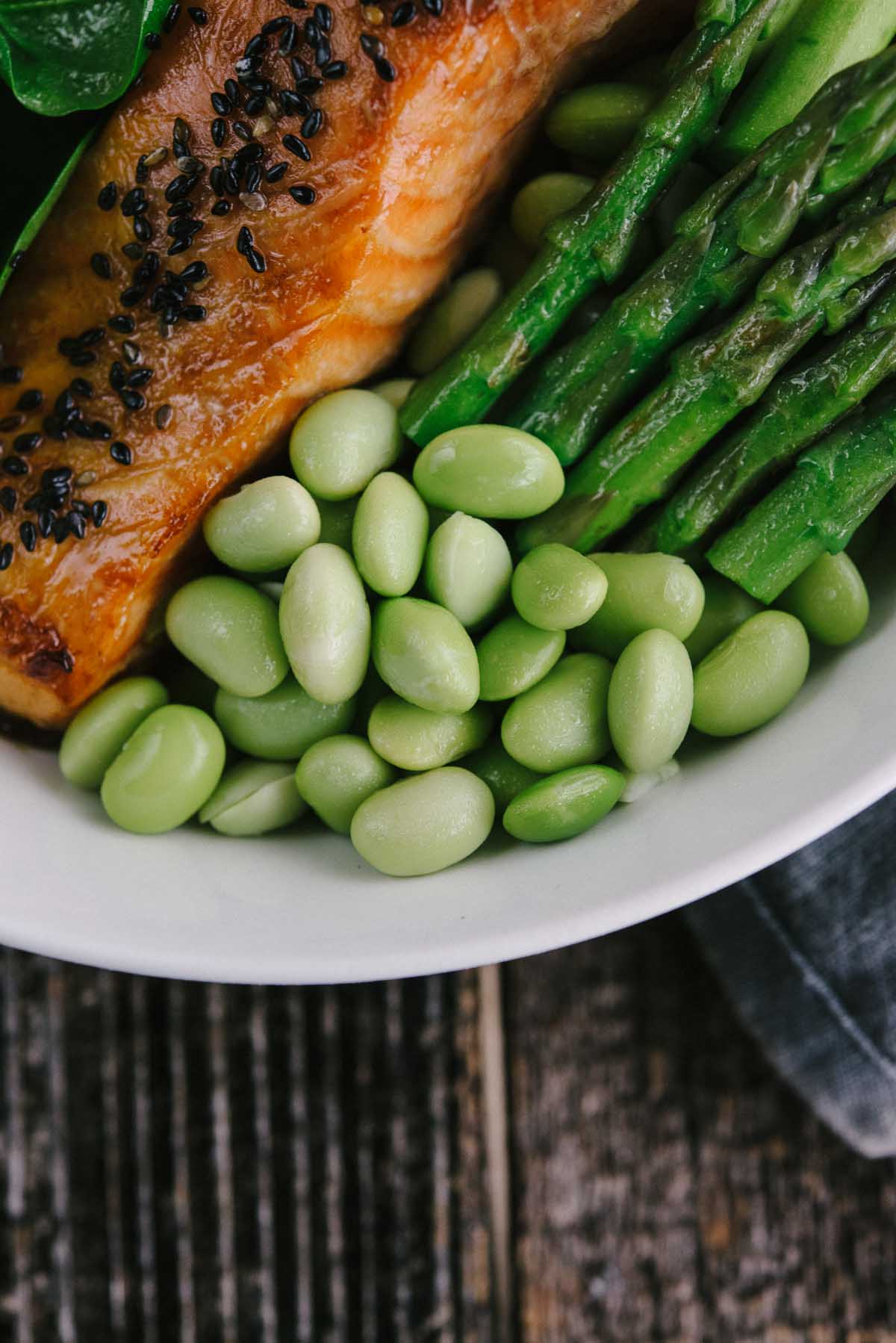
How did you do it? How did you create a successful blog?
Firstly, everyone has a different idea of what success means. I started my blog because I thought it would help me become a better writer and it has. So from that point of view my blog is a success and everything else has been a bonus.
I think when you do something you love, you pour your heart and soul into it, and you work really hard, it shows. Having said that, while I haven’t been blogging that long I got my first paid writing job more than 17 years ago and this writing experience was definitely helpful. I also have a background in marketing and this was also useful.
Being a slightly obsessive perfectionist is not bad thing when it comes to blogging. There are a lot of stories that I haven’t blogged because I don’t think they’re good enough yet. At the same time I constantly see flaws in my published posts so I’m always driven to improving what I do.
Knowing what I want to do with my blog and where it fits into my bigger goals is also important: it’s easy to get distracted by all the emails, press releases and invites that drop into your inbox and change direction all the time. I say no to a lot of things that would be fun to do because there are only so many hours in the day: I prioritise where I put my time and energy.
Lastly, I am a fairly confident person and I’m content to tread my own path. There will always be bloggers around who are more talented and/or successful. I may admire them and look to them for inspiration but I don’t get caught up in comparisons and I don’t try to imitate what they do: I’m happy to do things my way, in my own time.
How do I turn my blog into a career and/or business?
Trying to turn a blog into a career/business is like trying to build a career as a writer/photographer/stylist in highly-competitive market while simultaneously trying to launch a small business as a blogger/entrepreneur in another highly-competitive market. In other words, it’s not at all easy.
Minimum requirements? A lot of hard work, excellent marketing and business skills, a strong sense of professionalism, lots of passion, useful street-smarts, and bucket-loads of determination. Originality always gets noticed, too. Bloggers that set trends, rather than follow them, will always get more attention.
If you look around at the bloggers who have managed to build careers off the back of or alongside their blogs they often have had interesting life experiences and are skilled in lots of areas, not just blogging. Most of the really big food bloggers — and I’m not one of them — have been doing it for a really long time and had the advantage of being one of the first. Many of them are also exceptional photographers, writers, stylists or cooks, or a combination of all of the above.
I’m not trying to dissuade you from going after your dream but I do think that people under-estimate the amount of skill and hard work required with blogging. People think that because anyone can start a blog that it’s easy. Nothing could be further from the truth! And yes, timing and luck also play a part.
A friend recently told me about his friend who was discussing her 16YO daughter’s career options when she left school. Apparently ‘fashion blogger’ was one of the possible occupations on the table. I was amazed. I’m guessing that her daughter looked at popular fashion blogs and was seduced by the effortlessly cool, front-row, jet-setting lifestyle those bloggers lead. But what they didn’t see was all the years of hard work and honing of technical skills that went into producing those highly professional and polished blog posts.
I would never advise someone to give up a full-time job to try to become a ‘career’ blogger without any relevant experience. If you start a blog and you’re super-talented and original and it gains traction and you turn it into a full-time gig then all kudos to you. But in that case you’re the 0.0001%, not the norm.
So do blog because you love whatever it is you’re blogging about and you want to share your passion with the world. And if it turns into something more for you then that’s wonderful. But don’t blog because you think it’s going to make you famous and/or rich. It might, but if that’s the only reason you’re doing it you will almost certainly be disappointed.
Isn’t blogging a bit self-indulgent and narcissistic?
I got asked this on a date once. Seriously. I replied, “um, well, I guess some blogs are a bit like that and some aren’t.” Then I tried to use telekenisis to make my mobile phone ring so I could fake an emergency and leave. Sadly, I discovered that I don’t actually have telekinetic powers. Unless they’re still dormant…
How do you decide how much to share?
If I’m just writing about me I focus on the story and if I’m doing justice to it – whether it’s personally revealing or embarrassing is unimportant. If I’m writing about my ex I always let him see what I’m writing about him before I publish but he’s never felt uncomfortable with anything I’ve written. If I’m writing about my family or friends I just blog it and hope that they understand that even if it’s quite revealing or confronting it comes from a place of love. They’re still talking to me so I think we’re good. There is some stuff that is off limits because of the effect it might have on my kids.
I have a personal blog. Can you take a look at it and give me some tips?
Sorry. I don’t feel comfortable giving specific advice to bloggers unless they’re also close friends* because blogging is such a personal thing. Giving someone advice about his or her blog without knowing anything else about that person would be like me coming over to your house and telling you how to arrange your furniture or how to edit your closet. I’m happy to share general tips as I have done here and in other similar posts but I don’t comment specifically on personal blogs.
If you have a business blog and need some help with it I do offer consulting services.
* If you’re a close friend you’ll receive unsolicited advice about pretty much everything.
Writing
Do you have any tips re: how to improve my writing?
Yes, check out 8 Writing tips for Bloggers and How to Blog about Food: useful tips for new, emerging and aspiring food bloggers.
How do I get into food writing?
Read this post by Amanda Hesser from Food 52. I think she’s pretty spot-on.
In my case I started off writing about music in the mid 90s for my university newspaper (I had a thing for guys in bands). Then I moved into more general features. I started writing about food when I started my blog and then started freelancing for various print and online publications.
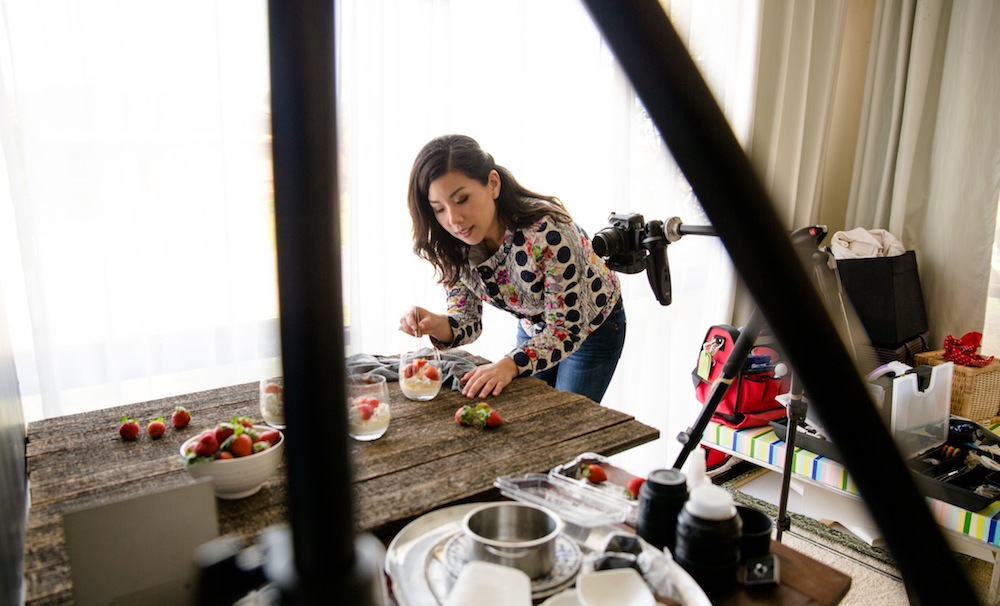
Photography
What camera and lenses do you use?
For most of my regular food and travel shooting work I use a Nikon D600 with these lenses:
For spontaneous, on-the-go shooting and Instagramming I use a Fujifilm X100T and an Apple iPhone 6.
What photography gear do you use?
At home:
When travelling:
- Lowepro bag. This backpack fits two camera bodies, 4 lenses, an Ipad and wireless keyboard or laptop, keys, wallet, water bottle + more. It’s not chic — unfortunately, it make me look like a uni student — but it is functional.
- BlackRapid camera strap
- Hoya lens filters if I’m shooting by the beach or into the sun
What editing software do you use?
I use Adobe Lightroom 4 on an Eizo Coloredge CS240 monitor.
Where do you do your food shoots?
Mostly at home. I have a studio set up in my front room which has two walls of ceiling to floor windows and I have converted one massive bookcase in my lounge into my props cupboard.
How did you learn about photography? Are you self-taught?
Mostly, yes. It’s taken lot of practise. A lot of reading of books and blogs. A couple of custom lessons with more experienced photographers. I shoot mostly in manual (M) and aperture (A) priority. If I’m shooting some fast-moving action, I’ll shoot in shutter (S) priority).
Do you prefer natural or artificial light?
I only shoot in natural (available) light at home. I am keen to learn about artificial lights and will probably purchase a kit at some point but I prefer the look of natural light on food.
Food and Props Styling
Where did you get your table-tops, backdrops and props from?
I made the tabletops out of the wood from my rotten verandah that my handyman cut into lengths for me. My ex made me a double-sided backdrop using wood and paint material from Bunnings. Props are from my personal collection, Spotlight, Ikea, Ebay and op shops. I covet most things from Mud Australia and Anthropologie.
How did you learn about food styling?
Mostly through trial and error although I also attended a two-day food styling intensive workshop with Denise Vivaldo at the Sydney Cooking School. I have also read lots of books and articles on the subject.
Do you have any tips re food styling?
Yes, see The Business of Food Styling: a Denise Vivaldo food styling workshop and 12 tips for new, emerging and aspiring food stylists.
Recipe Development
Are you a trained chef?
No. I’m a home cook.
How do you develop recipes?
I start with an ingredient or flavour combination and then build it from there. A recipe might be inspired by a dish I’ve eaten, something I’ve read in a cookbook or blog, the weather, or most often, some spectacular produce at the market.
I have a great nose and a food memory – I can remember the taste, texture, look and feel of dishes I ate 25 years ago. I also read a lot of cookbooks and blogs and have attended numerous cooking classes and food and wine workshops.
I have always cooked by tasting the dish and adjusting the flavor as required, even when loosely following a recipe.
My recipes are created with the average home cook in mind and most can be prepared without too much fuss and bother after a crappy day at work. If you want fancy, complicated recipes or molecular gastronomy you should go to a nice restaurant to eat because nobody eats like that at home.
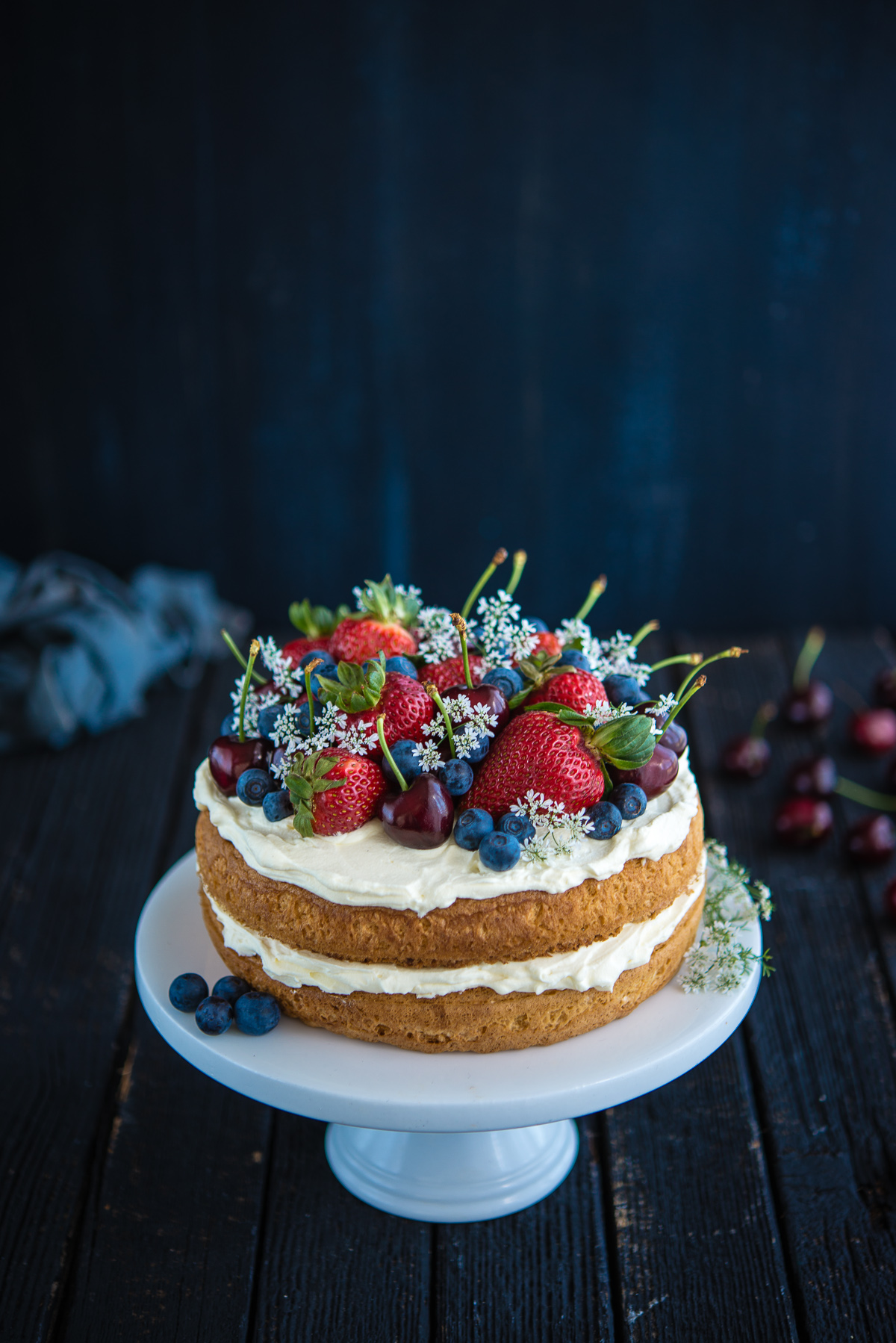
Working with PRs and Brands
I want to work more with brands. How do I develop these relationships?
There’s no trick I can tell you. Work hard. Do good work, consistently and steadily. Put it out there. If people/brands like it, they’ll approach you.
Personally, I don’t try to create relationships with brands – I just blog what I want to blog. Keeping my blog a place where I can explore things creatively is incredibly important to me: I care about creating stories that I can be proud of and that readers might respond to. That’s what’s most important to me – not creating PR-friendly stories.
If people/brands like what I do and want to work with me, great. If not, equally fine. I only want to work with brands that ‘get’ what I do and whose work or products I equally admire. Over the years I’ve turned down a lot of paid work because it simply wasn’t a good fit or I felt I would be compromising my ethics and/or credibility.
I’ve published some tips for bloggers who want to work with brands here – Bloggers and Brands: why we’re mostly doing it wrong,
Do you eat out for free all the time?
No. It’s very nice to be invited to events but I have to be selective about those I attend due to work and family commitments. I do eat at my parents’ house a lot though. Does that count?
Do you get sent heaps of free food?
No, but that’s because I only very occasionally accept samples.
How do you respond to people asking you to blog in exchange for tickets, invitations or samples?
I politely explain thatI don’t trade tickets or products for blog exposure as I only blog something if I can find an interesting story to tell. I tell them that I appreciate their understanding on this. Having said that, if they’ve asked me to blog like this then it’s unlikely I’ll work with them because it’s clearly not a good fit.
Update: I refer them to my agent.
What do you say to brands who want to work with you but want to ‘reward’ you with exposure, vouchers or links instead of payment?
I politely explain that I work with brands for compensation and that if they have a project with a budget I’d be happy to chat. I also direct them to Bloggers and Brands: why we’re mostly doing it wrong.
Update: see previous question.
General
How can you be so small if you eat so much?
I’m not sure. My cunning Asian genes? Running around after my kids? My mother tells me that I exhaust people. So there’s all the energy I expend doing that. I also try to practice hot yoga regularly.
Credits
All photos by me as usual except the photo of me by Kevin Khaw. Makeup by Celeste Wong.
More posts about blogging
Subscribe to The Hungry Australian
Don’t want to miss a post? Sign up to receive new recipe and travel posts once a week – it’s FREE!!
Got a question?
Did I miss something? Feel free to ask me a question below and I’ll do my best to answer it.




